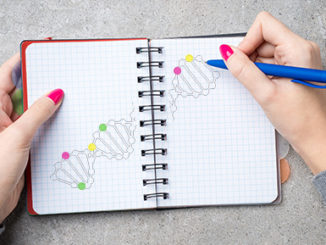Most Dangerous Lifestyle Activity Uncovered in New Epigenetic Mortality Risk Profile
Aging and mortality has been a fascinating topic of interest recently, particularly in the field of epigenetics. What are the chemical DNA markers of age? Can we look at someone’s epigenome to determine their risk for death? Could we reverse these epigenetic tags to restore youth or undo the pesky physical characteristics and diseases that come with getting old? And are there lifestyle changes we may need to make to epigenetically improve our own health? Although we are far from [more…]











